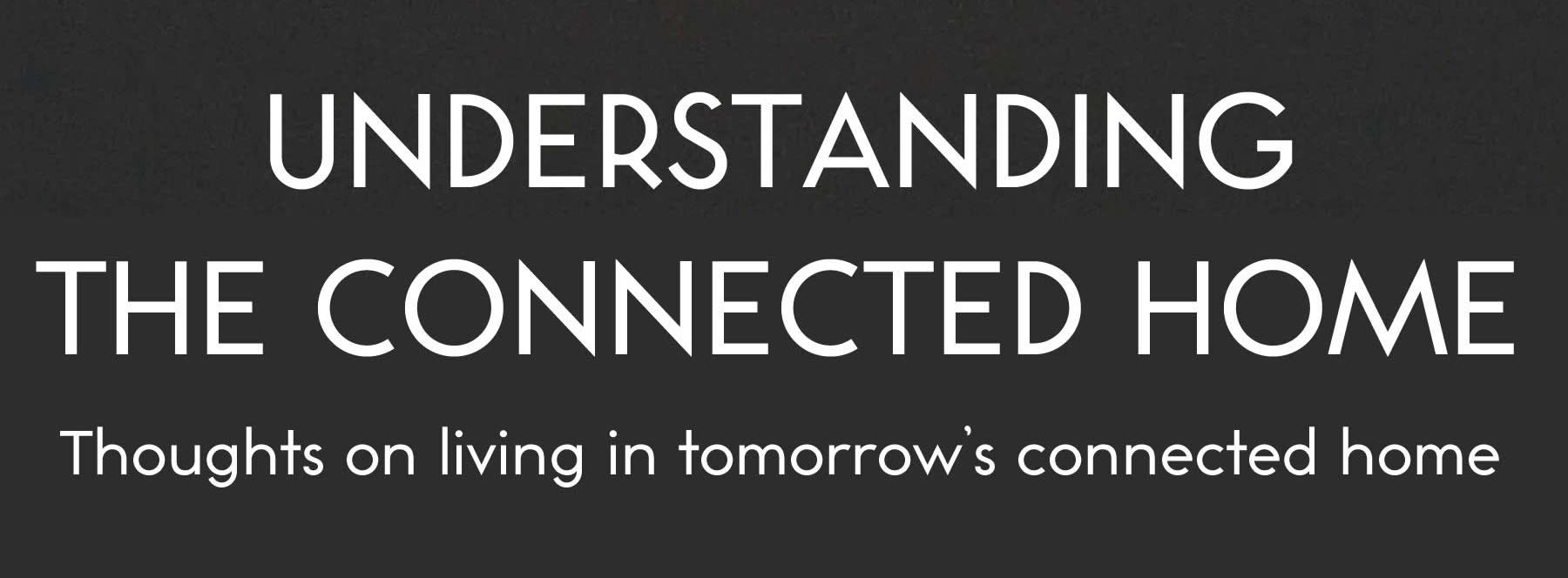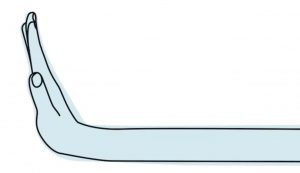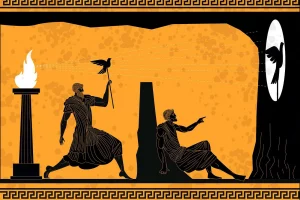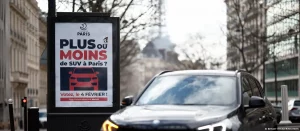[Free eBook] Understanding the Connected Home

Understanding the Connected Home: Thoughts on living in tomorrow’s connected home
By Peter Bihr and Michelle Thorne
Berlin, September 2015
Available on GitBook
We know that connectivity increasingly makes its way into our living rooms, kitchens and bedrooms. Into our smoke detectors, lights, door locks, kitchen scales and ovens. We bring in more connectivity through fitness tracking wristbands and our phones and tablets, and take it along when we get into the driving computers that are our cars.
Understanding the connected home – how it can be structured it, how it can be designed, how we can engage with it and turn it off – these questions will be essential for living in this century.
This publication kicks off an exploration of various aspects of the connected home. It started out as a series of blogposts, but it became clear that we would want to increase the scope. So in a one week book sprint, we put down the ground work for an ongoing research project.
This collection of content – we consider it a 0.9 version of a book that is still in beta – will help us map out the terrain, and start conversations with future collaborators. It also serves as a pool of content that is still under development.
The authors
Peter Bihr explores the impact of emerging technologies. He founded The Waving Cat to help apply the insights through consulting, R&D, conference and publications.
As a strategy advisor, he helps organizations large and small excel in an environment shaped by digitization, connectedness and rapid change.
He has co-founded and chaired many acclaimed emerging technology conferences including ThingsCon, UIKonf and Cognitive Cities Conference, and serves as co-chair of Interaction16.
Michelle Thorne wants to challenge the power structures of the past by making and teaching technology differently. She explores the web of things at the annual Mozilla Festival, in a co-authored blog with Jon Rogers and by facilitating workshops.
As Mozilla’s Director of Web Literacy Programs, Michelle creates volunteer-led programs that cultivate leaders who teach and advocate for the web. Through a network of local learning clubs, grassroots teaching campaigns and annual leadership development events, she’s served thousands of professional educators and activists.
Michelle has a dedicated interest in open practices and design, contributing to Open Design Now, curating Berlin’s DMY Maker Lab and co-authoring the book An Open Web.



